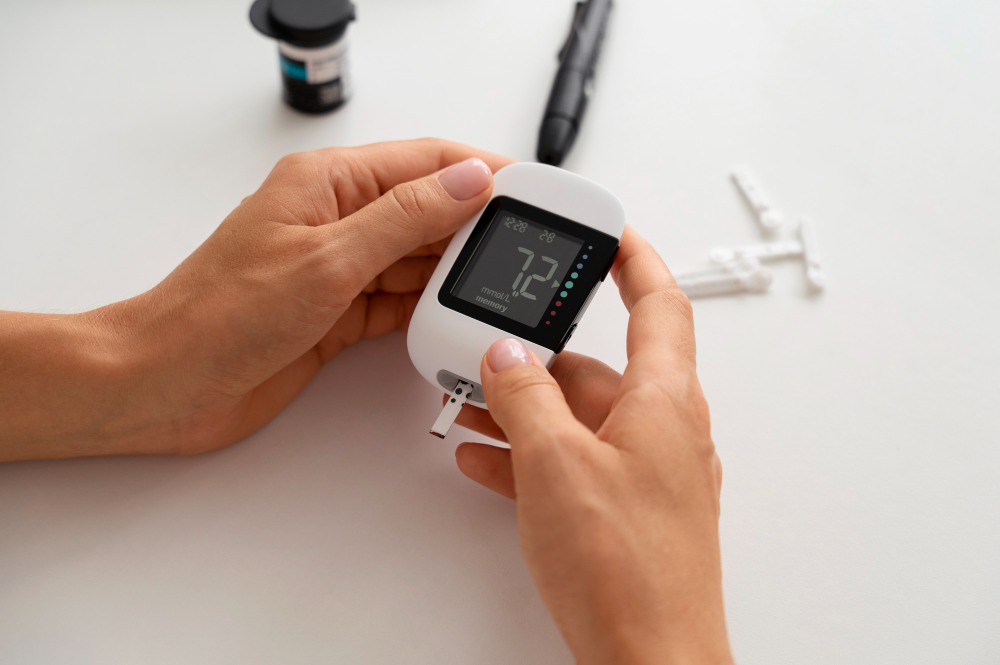Taking good care of your health is crucial. A major component influencing your health is your blood sugar levels. It is the main source of energy. The fluctuations in the blood glucose levels can directly affect your health. There are issues when people have various ideas of what is “normal.” The perfect range for blood glucose levels depends on the health and lifestyle of the individual.
Why Monitoring Matters?
Frequent blood sugar monitoring can help to resolve your long-term and short-term health issues. You can monitor the state of your body, how it manages its glucose level during the fasting process and after meals. The results of these sugar tests will show your body’s condition to your doctor.
Hyperglycemia, or high blood pressure, can cause tiredness, affecting your internal organs, whereas a low glucose level in your body can make you feel dizzy and unbalanced. Insufficient monitoring increases blood sugar issues.
What Is Considered Normal?
Clinical recommendations provide a useful range, but there is no single norm. Fasting blood levels should be 80–100 mg/dL for children under six. The recommended fasting level for healthy grown-ups is 70–100 mg/dL. A fasting blood sugar of 120 mg/dL is occasionally appropriate for seniors since their systems handle glucose differently.
Post-meal blood sugar rises but drops within two hours. Most people have 120–160 mg/dL post-meal. Keeping within this range reduces highs and lows and long-term diabetic problems.
The Role of Age
People’s age has an impact on their blood glucose levels. For example, the body regulation system of youngsters and children is quite effective and efficient in maintaining the glucose level via their metabolism. On the other hand, people with type 2 diabetes have slower metabolisms, which affects their blood glucose levels. Generally, it includes individuals of the age of 40s, 50s, and 60s. Most type 2 diabetes cases occur in adults over 65, with an average age of 48.
Seniors have higher blood sugar goals to reduce hypoglycemia risk. Low blood sugar can induce fainting, falls, and confusion.
Other Factors That Influence Blood Sugar Levels
Numerous factors, in addition to age, can influence the appropriate range for you. These consist of:
- Diabetes type (1 or 2)
- Diabetes for how long?
- Diurnal blood sugar changes
- How often does your blood sugar drop?
- Maternity alters blood sugar demands
- Other medical issues
These variables are typically used by doctors to modify goals, guaranteeing safe, efficient, and individualised blood sugar management.
Why Personalisation Is Key
General numbers are helpful, but your goals may vary. Athletes, pregnant women, and elderly people with medical concerns have varied goals. It’s more important to work with your doctor to customize your strategy than to stick to the basic range.
Conclusion
It is one of the most important factors to maintain the blood glucose levels in the body for being fit. You need to keep your mind active to schedule your lifestyle for understanding blood sugar regulation in your body. For this, you can take the assistance of an endocrinologist who can direct you to control or monitor your blood glucose levels. They have a perfect strategy to help you out in promoting your long-term health assistance. You can choose Flinders Discount Chemist, which offers free blood glucose testing and expert advice to help you manage your health.




